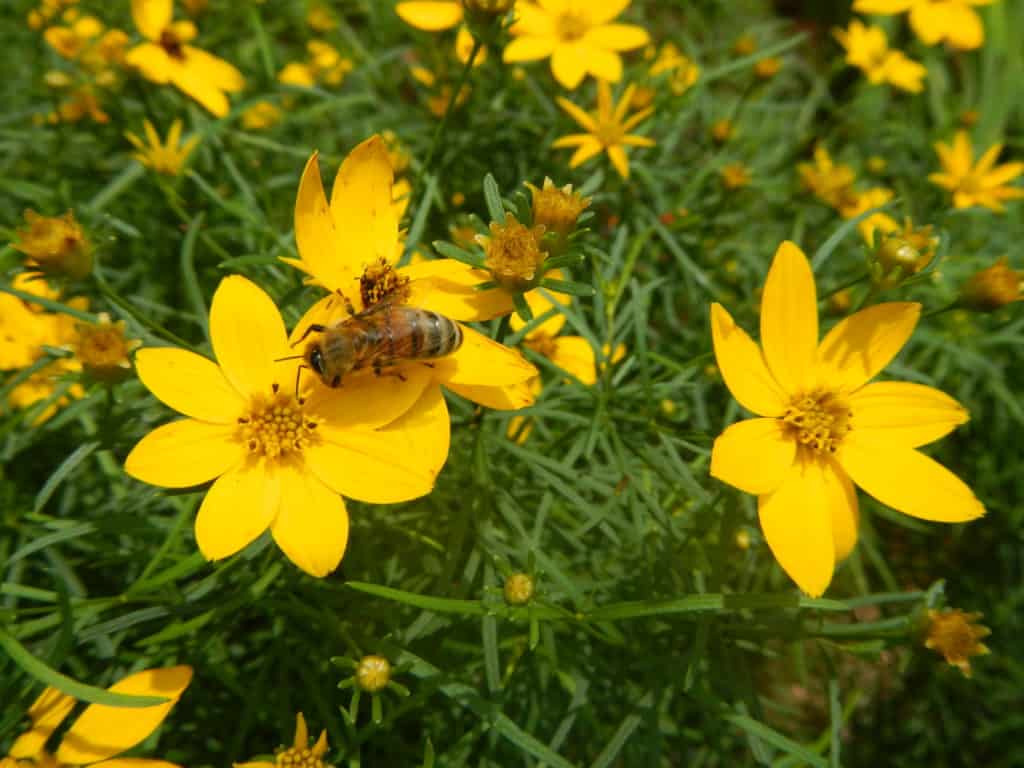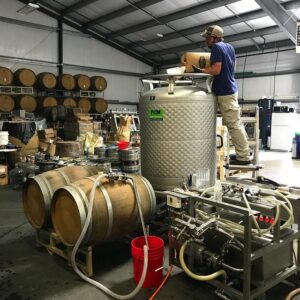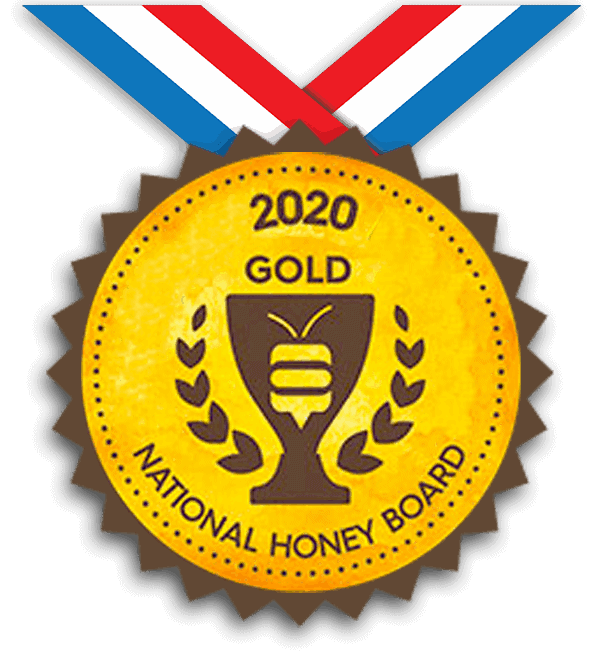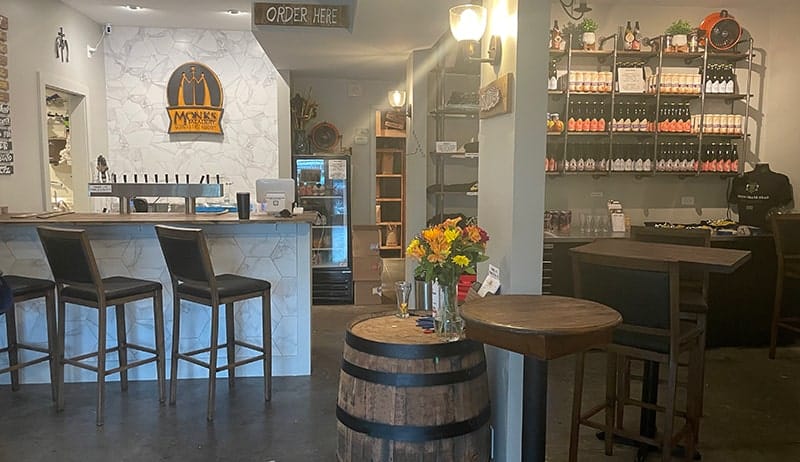Besides giving us the most delicious alcoholic beverage of all time, we can also thank the bees for our beloved Pumpkin Spice Lattes in November. But the consequences of declining bee colonies go beyond superficial things and have much greater agricultural, and economic impacts. We just had to get your attention first.
The not-so-recent Colony Collapse Disorder (CCD) is the mysterious disappearance of the majority of the hive’s worker bees that leaves behind the queen, the young, lots of food, nurse bees, and almost no dead bees around the hive. The first reports of this phenomenon appeared in 2006 when beekeepers noticed anywhere from 30-90 percent of their colonies disappearing over the winter. Nearly half of these affected colonies showed no symptoms that could be matched up to any known causes of honey bee death.
Why you should care about the bees
About a third of the food we consume consists of plants that rely on pollinators to yield a crop every year. Pollinators can be birds, bees, butterflies, moths, bats, even lizards, or any animals that transfer pollen as a by product of foraging. What makes bees special however is that they are solely responsible for pollinating as much as 80% of our food alone. Some crops such as coffee, strawberries, peppers and asparagus among many others benefit from honey bee pollinations but don’t require it. Others, such as apples, blueberries, cucumbers, cherries, watermelon, broccoli, and pumpkin are among 100+ crops that require bee pollination for survival.
Outside of our agricultural dependence on the bees, these insects alone are responsible for $15 out of the $24 billion dollars pollinators contribute to our economy. These guys really do live up to their worker bee reputations.
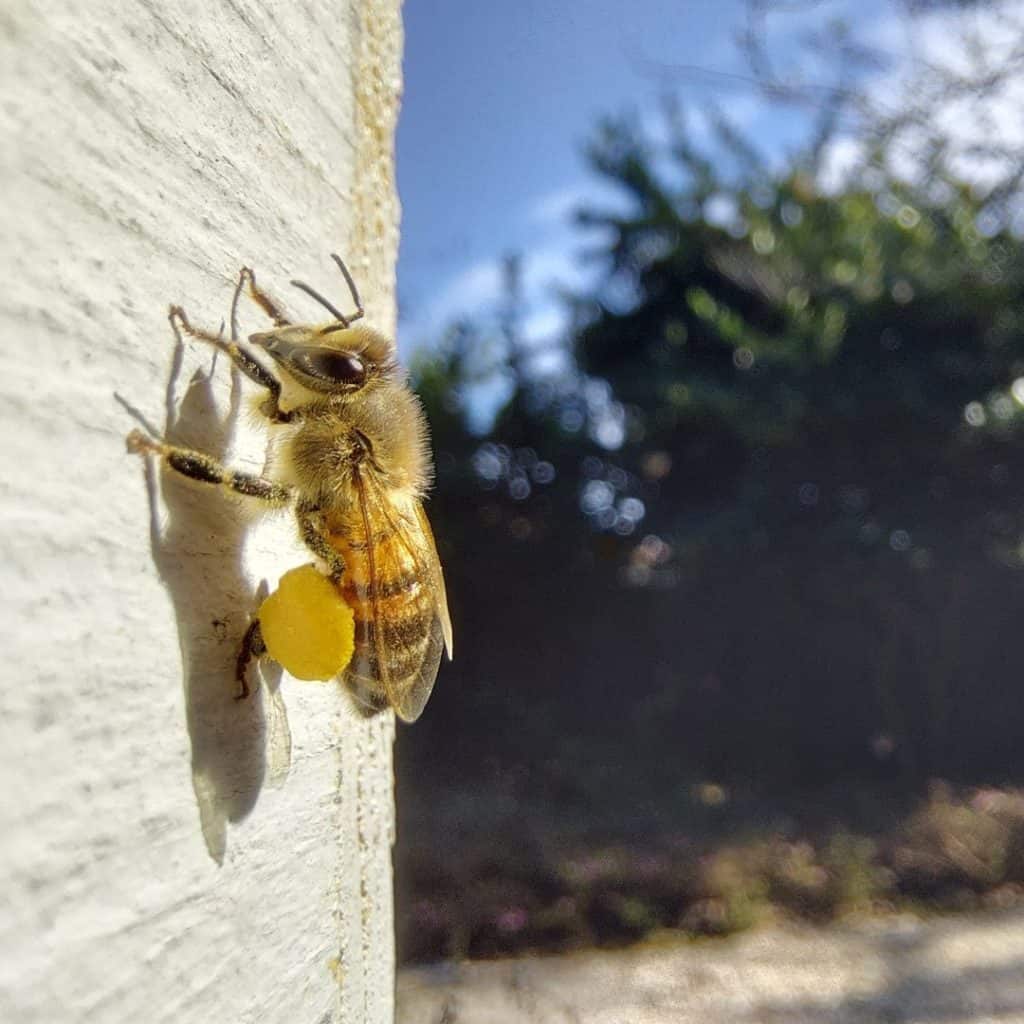 Photo from our friends @savannahbeeco Featured photo from Georgia Tech’s Urban Honey Bee Project’s GT Bee Survey.
Photo from our friends @savannahbeeco Featured photo from Georgia Tech’s Urban Honey Bee Project’s GT Bee Survey.
Why bees make great pollinators
The reason that the bees are carrying our entire agricultural system on their tiny wings is that they’re extremely effective pollen collectors and shedders. Dr. Hu’s research lab at Georgia Tech discovered that bees can hold up to 30% of their weight in polled between the tiny hairs that are all over their body, even their eyes. What’s even more interesting is that the hairs on their legs are spaced differently, like a comb, than the hairs on their eyes, like a brush. So when the bees need to shed the weight of pollen in order to take flight again, they brush their body and eyes with their legs. This creates a “comb brushing a brush” technique that effectively removes 15,000 pollen grains in 2 minutes.
In addition to being tiny but highly specialized pollen collecting machines, what makes them even more effective, is that that they’re travelers. A single honey bee will only produce 1/12th of a teaspoon of honey in its five – six week lifespan. To collect enough honey reserves for the winter, as many as 10,000 bees from a hive will fly as much as 75,000 miles and visit eight million flowers to make 1 pound of honey. Neither human nor machine could match this natural pollinating efficiency.
 Photo from Bo Burnham’s White Woman’s Instagram
Photo from Bo Burnham’s White Woman’s Instagram
Save the bees, save your PSL
Today no single cause for CCD is evident but scientists do hypothesize it to be a collection of environmental contributors that include disease, new and exotic parasites, pesticides, habitat loss and climate change. And while the number of honey bee deaths contributed to CCD has been on the decline, the United States Environmental Protection Agency says we’re not out of the woods yet.
If we want to keep living our best lives with a PSL in our hands, we have to care. Good news is that it doesn’t have to be anything extravagant. Simple mindful changes in our lives can make a difference.
1. Buy high quality honey
High quality honey retailers like Savannah Bee Company (SBC) only produce honey as a byproduct of their mission to save the bees. Only the excess honey that isn’t required for the hive’s survival is collected for sale. In 2014, the founder of SBC, Ted Dennard even introduced bees to a completely bee-less island of Exuma in the Exuma Project.
Lots of commercial beekeeping operations only want to bring you honey at the lowest cost to the business. This means the only thing they put first is their bottom line. It isn’t out of the norm for commercial beekeeping operation to clear out all the honey, leave the bee colony to die, and start over the following year. Savannah Bee Company is where your voting dollar does the most good.
Savannah Bee Company first partnered up with Monks Meadery in 2015. Rumor has it that it was our original Monks Mead that inspired Ted Dennard to open up mead bars in his retail locations. Since then we partnered up to make Savannah Heat, which only uses SBC’s Hot Honey.
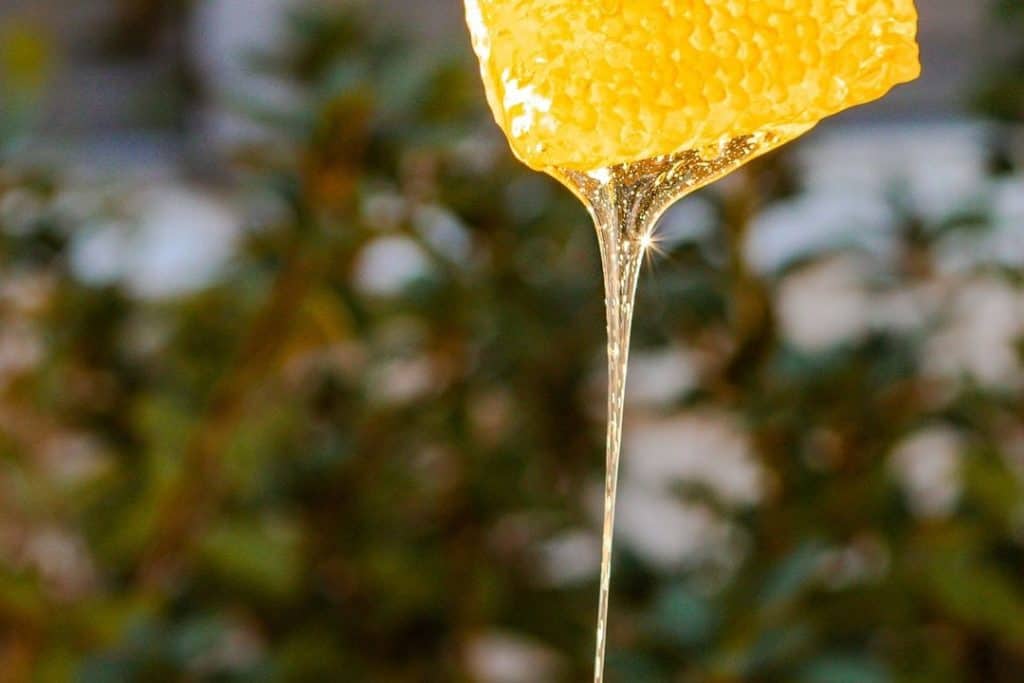 Photo from our friends @savannahbeeco
Photo from our friends @savannahbeeco
2. Take up gardening
It’s not news that America’s naked laws are toxic. A more diverse green space is easier on the eyes, allows the soil to retail more moisture, and creates a habitat for the bees and other insects and animals. You don’t have to go big. Start with a small section of your front or back yard.
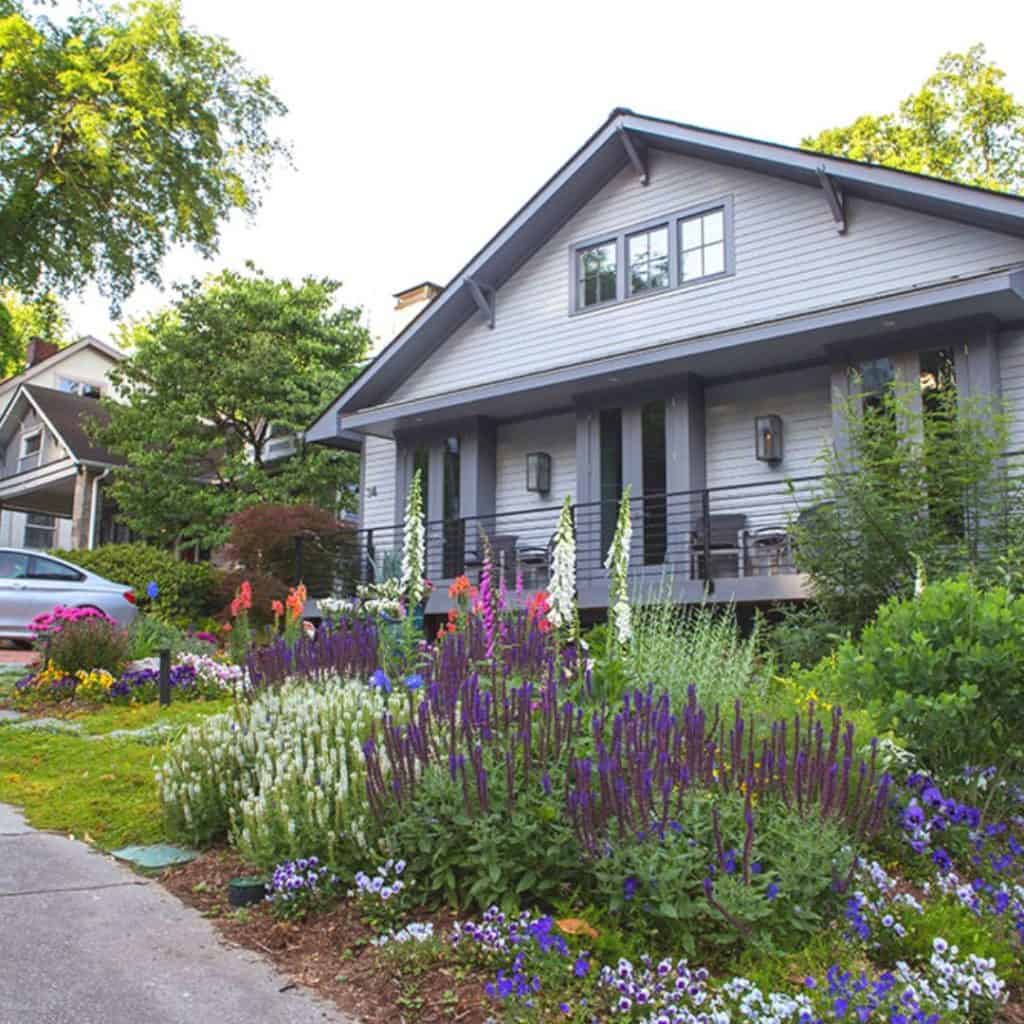 Photo from our friend @yogardeneratl
Photo from our friend @yogardeneratl
3. Go easy on pesticides
Toxicity of pesticides isn’t news either. Overexposure of bees to pesticides can cause majority of the hive to die in what is called acute pesticide poisoning. In these incidents the dead bees are found in piles outside of the hive.
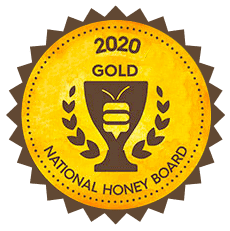 TRIPLE WINNER at the MEAD CRAFTERS COMPETITION
TRIPLE WINNER at the MEAD CRAFTERS COMPETITION 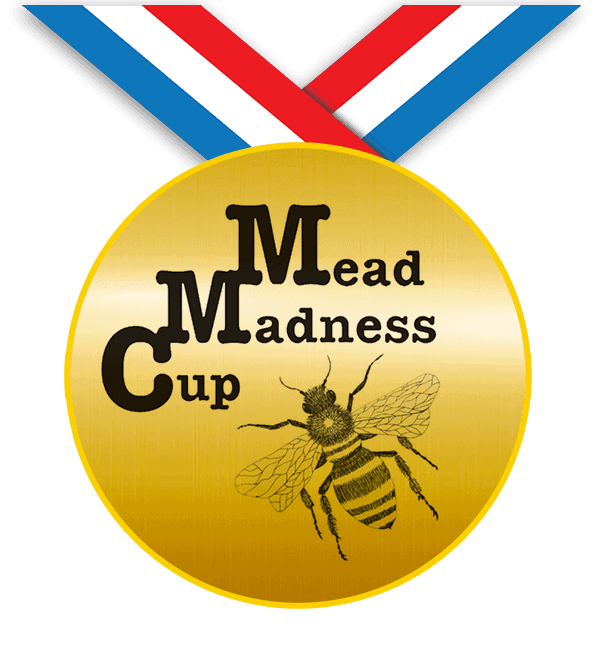 The FIRST AMERICAN MEADERY to MEDAL at the MEAD MADNESS CUP
The FIRST AMERICAN MEADERY to MEDAL at the MEAD MADNESS CUP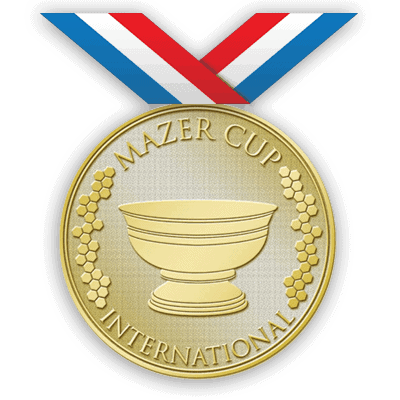 MAZER CUP AWARD WINNER: TRY OUR AWARD-WINNING MEADS!
MAZER CUP AWARD WINNER: TRY OUR AWARD-WINNING MEADS!